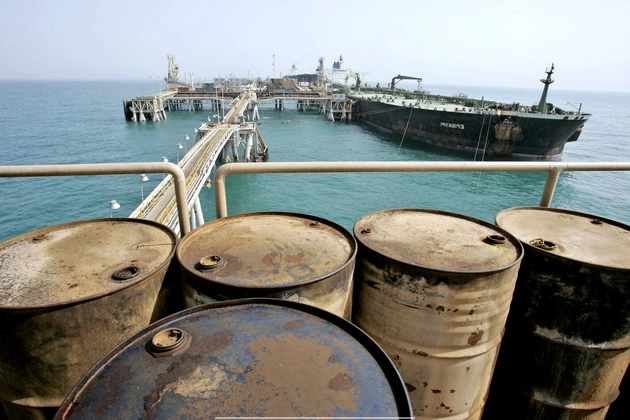
President Donald Trump strategically links peace in the Middle East with his trade agenda, showcasing a unique approach to diplomacy.
The Nexus Between Ceasefire and Trade Talks
Trump’s recent communication on Truth Social highlights the potential benefits of the Israel-Iran ceasefire, emphasizing its impact on China amid ongoing trade discussions.
By enabling China to resume oil purchases from Iran, Trump aims for a more balanced trade relationship with the U.S. and emphasizes the nation’s role as a global peacemaker deserving compensation.
The Complexity of Trade Negotiations
Trump’s stance on trade negotiations reflects a broad perspective, as seen in talks with numerous partners before a self-imposed deadline.
His focus on China’s purchases of American goods and services underscores the importance of fair trade practices, building on prior agreements that yielded limited progress.
While the ceasefire between Israel and Iran presents a positive step, industry experts remain cautious about China’s response to increased American oil sales or overt appreciation for diplomatic efforts.
The China Factor in Global Trade
China’s intricate trade dynamics with the U.S. reveal a complex relationship marked by tariffs, negotiations, and strategic posturing.
Despite recent attempts to resume talks and ease tensions, China’s leverage is evident in its ability to influence key sectors like automotive and defense through export controls.
Market shifts, including China’s halt in U.S. oil imports, demonstrate the country’s strategic choices amid trade uncertainties and geopolitical tensions.
Geopolitical Implications and Economic Realities
Trump’s diplomatic maneuvering, presenting the ceasefire as a gesture benefiting China, signals a shift in tone and content from previous engagements.
The role of China as a vital ally to Iran and its strategic interests in the Strait of Hormuz underscore the intricate balance of power in global affairs.
As negotiations evolve, the interplay between economic interests, political calculations, and strategic alliances shapes the trajectory of international relations.
Future Trajectories in Global Trade
Trump’s efforts to align the Israel-Iran ceasefire with China’s interests reflect a nuanced understanding of geopolitical dynamics and economic interdependence.
As the U.S. navigates trade challenges and diplomatic engagements, the evolving dynamics between major players like China and Iran will continue to shape global trade patterns.
Stay informed on the latest developments in geopolitics and trade relations to understand the broader implications for international stability and economic cooperation.











